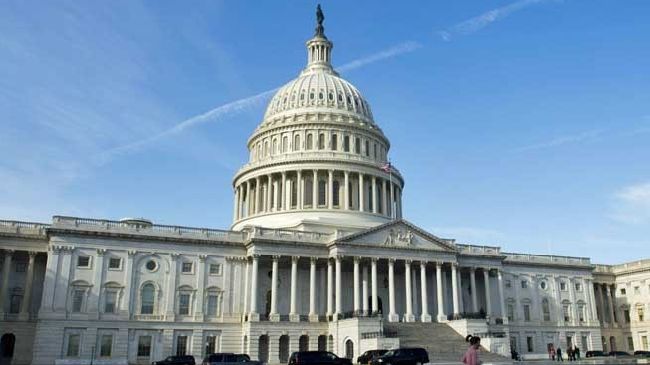|
|
|
|
|

US Congress has threatened giant oil companies with “severe financial penalties” should they resume business with Iran following an interim nuclear agreement.
In interviews with The Foreign Policy Magazine, several American officials expressed concerns about the international firms’ interest to enter the Iranian oil market in the next six months.
Chairman of the House Homeland Security Committee Rep. Michael McCaul said that companies examining their options for “resuming business relationships” with Iran are “acting prematurely at best.”
Hawkish anti-Iran Senator Mark Kirk also warned foreign firms that they “must be on notice that sanctions are coming back stronger than ever” if the nuclear deal does not lead to a comprehensive resolution.
"It is far too premature for any international energy company to contemplate re-entering the Iranian market," said a spokesman for Rep. Eliot Engel, the top Democrat on the House Foreign Affairs Committee.
The warning came after Royal Dutch Shell, Italian company Eni, and Austrian oil and gas company OMV said they were looking for the possibility of renewing their operations in Iran.
Under the six-month accord reached in Geneva last month, Tehran has agreed to limit some aspects of its nuclear energy program in exchange for the easing of economic sanctions against the country. However, oil sanctions are still in place.
Earlier this week, some international oil companies began talks with Iranian counterparts on the sidelines of an OPEC meeting in Vienna in order to restart their cooperation.
Eni Chief Executive Paolo Scaroni confirmed the negotiations, saying the two sides “discussed specific projects that we had been looking at for many years before sanctions were imposed.”
"We plan to continue to be in Iran and possibly increase our activity as long as the sanctions regime is lifted," Scaroni said. "There are so many opportunities in Iran both in oil and gas that we will certainly find a common area of interest."
Former US State Department official Suzanne Maloney said the process is not surprising.
"It's not surprising that we're seeing this from the companies that have some experience in Iran like Eni and Total," she said.
AGB/HJ